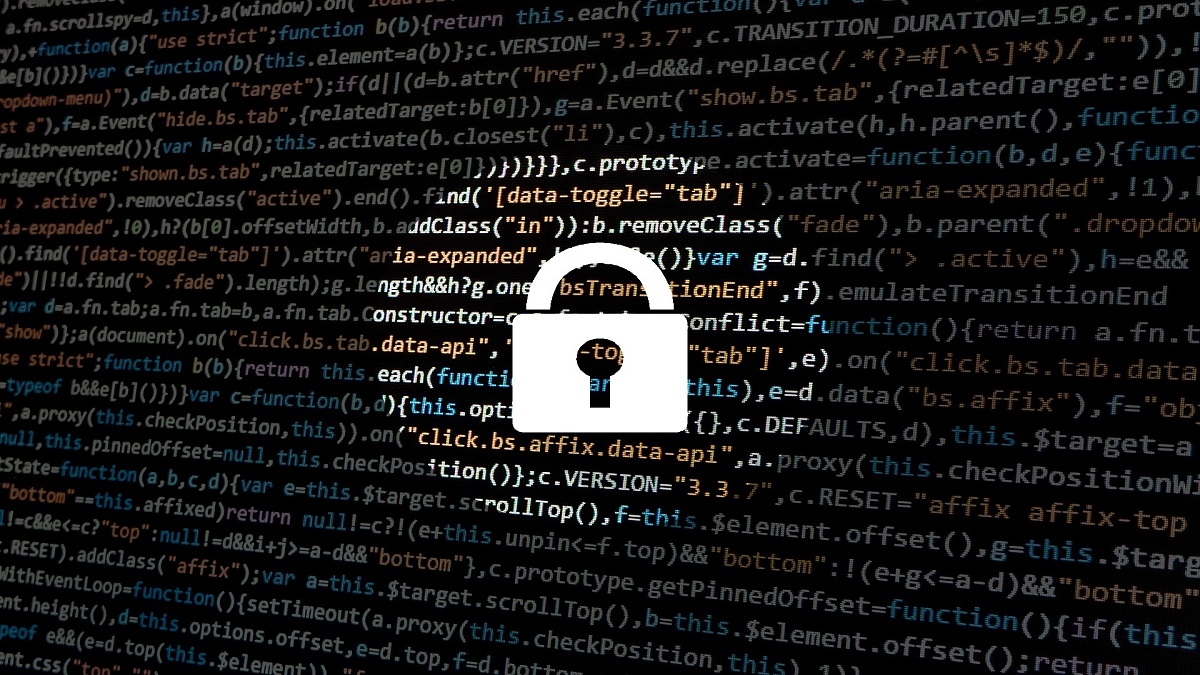India's ongoing efforts to protect privacy and personal data have gained significance in light of the Supreme Court's recognition of privacy as a fundamental right under Article 21 of the Constitution. The Digital Personal Data Protection Bill, which aims to regulate the collection, storage, and use of personal data by digital players, has received Cabinet approval and is expected to be discussed during the Monsoon session of the Parliament.
The need for a robust data protection law became apparent following incidents of data breaches and unauthorized use of personal information by entities before stricter regulations were imposed globally. If enacted, the proposed law would require digital players to obtain explicit consent from users for data collection, and provide transparency regarding data storage and usage which enable users to delete their data, disclose any data breaches, and assume responsibility for data protection. While there might be some revisions to the draft, the core provisions are expected to remain largely unchanged from the version released for public feedback in 2022.
One potential concern for the private sector is the autonomy of the proposed data board for dispute resolution. The inclusion of a statutory body independent of the government would have signaled neutrality, but it remains to be seen how this aspect will be addressed. Nevertheless, the regulation of the platform-user relationship through oversight is not the sole solution. The protection of privacy as a basic right requires more comprehensive measures.
ALSO READ: Instagram's new app, Threads, surpasses 95 million posts and 50 million profiles in record time
Privacy, as recognised by the Supreme Court, holds value when safeguarded against all entities, including the state. Upholding privacy and personal liberty necessitates impartial judicial scrutiny, where the waiver of these rights is granted only through due process of law. Similar to the protection of personal liberty, privacy should be treated with equal importance.
Unjust imprisonment and unwarranted surveillance are blatant infringements on these rights, as depicted vividly in the recent Netflix series "Scoop." Preserving dignity in the digital realm is of utmost urgency, considering the far-reaching impact of the internet.
ALSO READ: Easy steps to switch from Android to iPhone with Apple
Consequently, the law should default to granting individuals ownership of their data, allowing them to decide which data to share, while also delineating necessary information that the state requires to function effectively. Given the unresolved controversy surrounding the use of spyware like Pegasus, it is imperative to establish clear boundaries on state agencies' intrusion into individuals' privacy. The issuance of properly authorized e-search permits can strike a balance between privacy and security.
In conclusion, India's proposed data protection law, influenced by the recognition of privacy as a fundamental right, is a step toward safeguarding individuals' data. However, it is essential to ensure the autonomy and neutrality of the regulatory bodies involved while simultaneously addressing broader aspects of privacy and personal liberty in the digital age.

